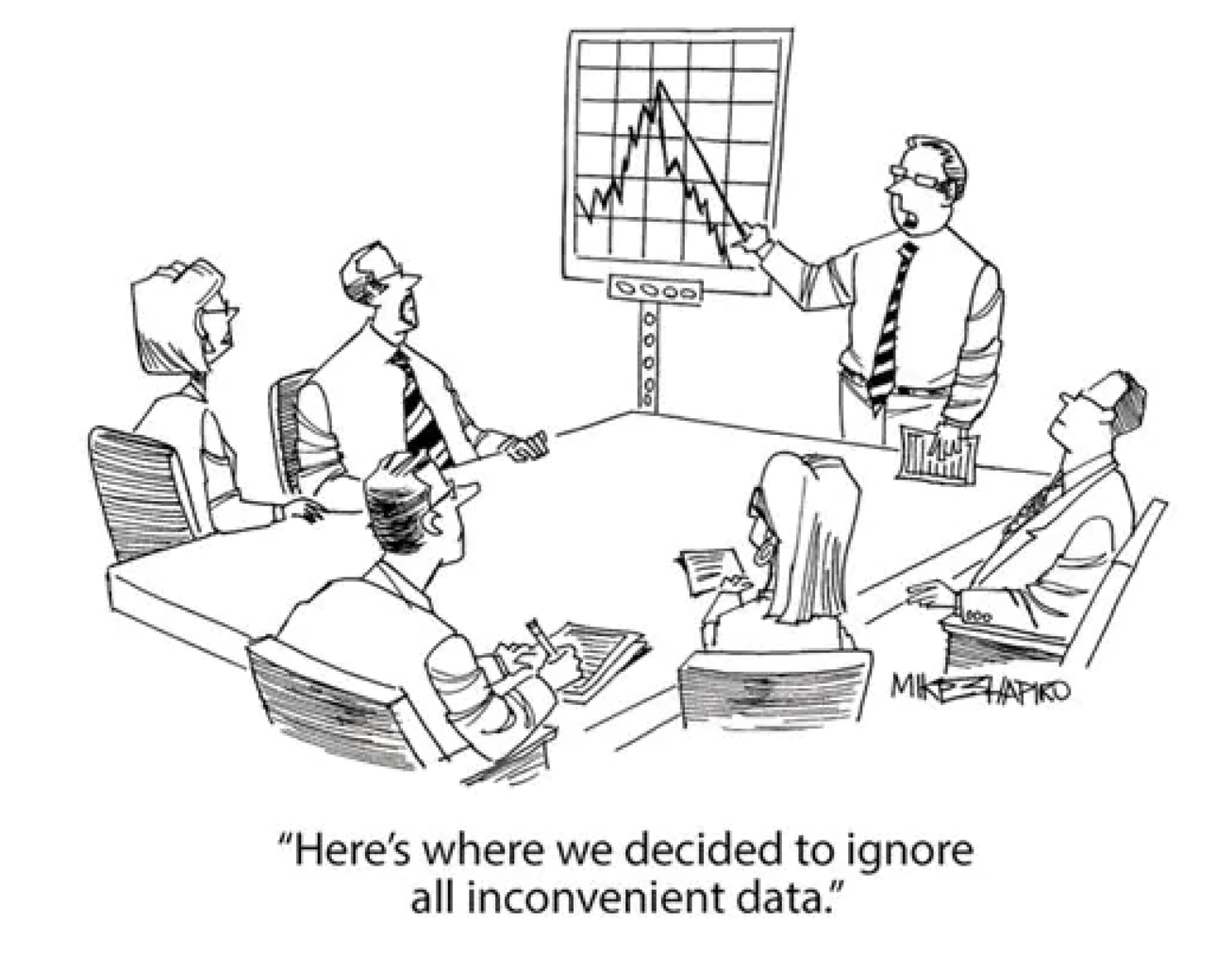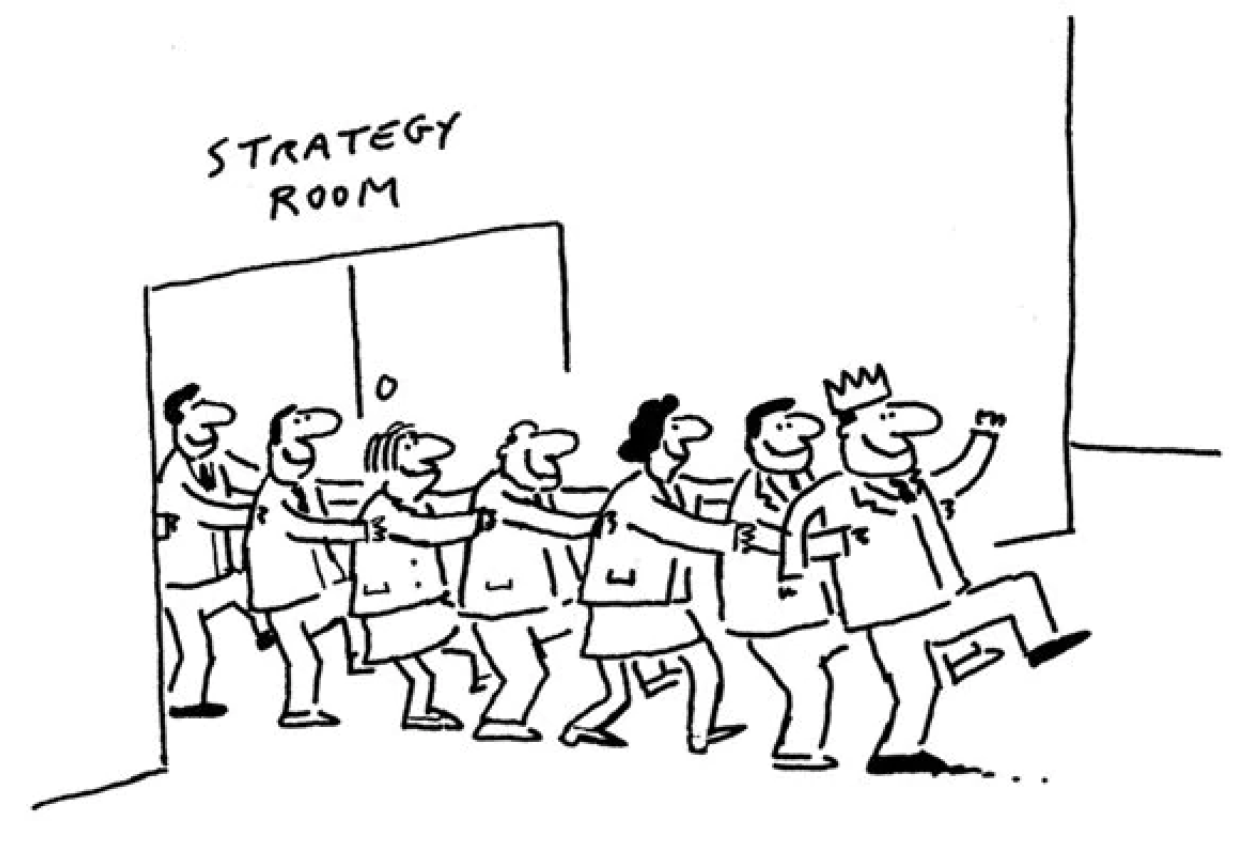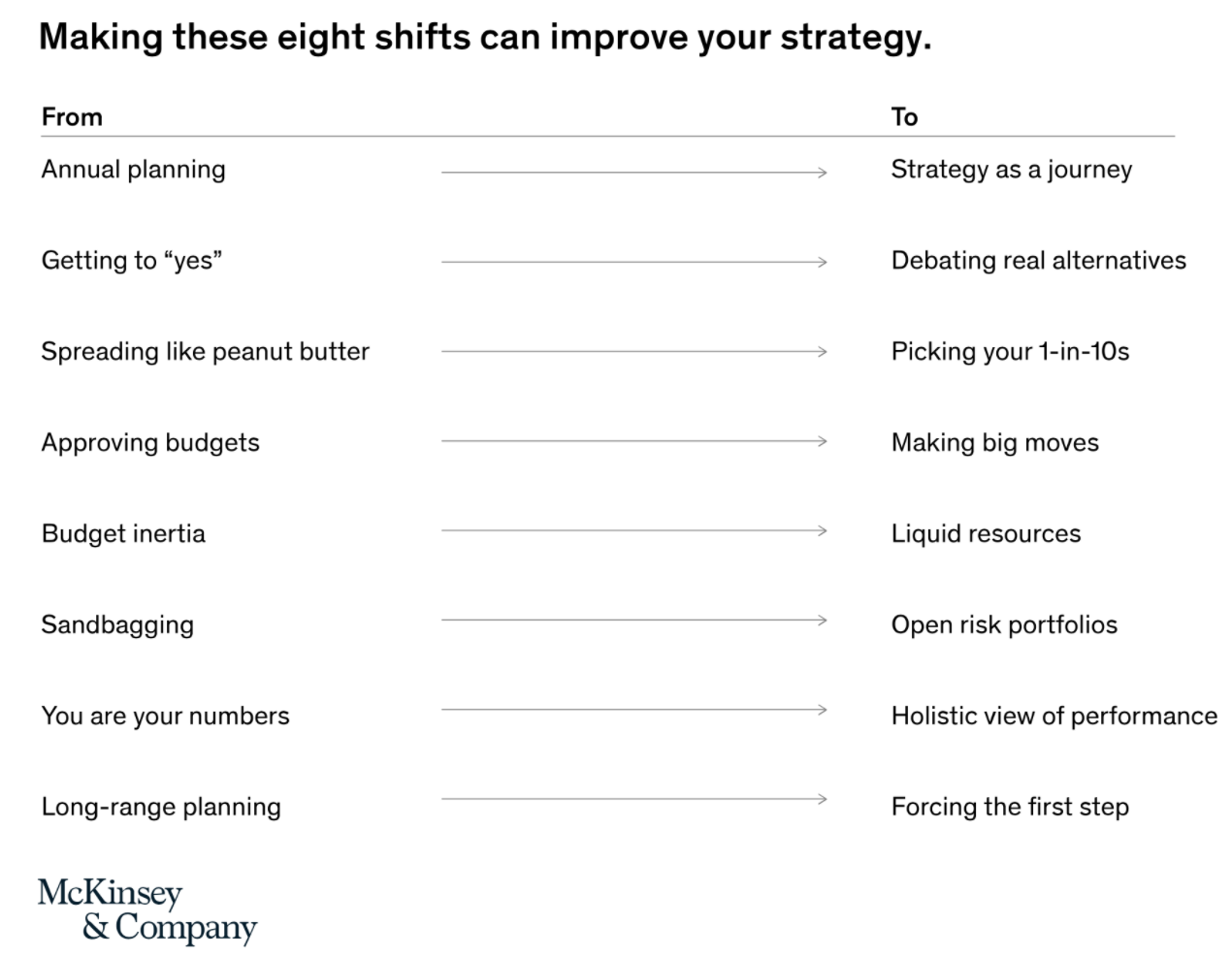Composition Culture
I have two teenage boys who are REALLY into music. One plays drums and sings. The other plays bass and lead guitar. They get their talent from their mother for sure. I do not have a musical bone in my body. Don’t get me wrong, I love music. I just cannot play anything but my Spotify account, which forced me to think, “So many people love and appreciate music, even though not everyone can perform it. Can’t the same hold true for strategy?”
A recent survey from Urban Business Legend tells us that between 60-90% of companies fail to execute their strategic plans. Whether you choose to believe the low or high range of this percentage, that is a big number! Now, I am confident in saying that from our experience with clients, the same range of companies know that strategy is important. This ratio is probably on par with that of fans of music and those who never learn to play an instrument.
Why this huge delta between those who know the significance of both music and strategy, and those who still fail to execute on it? They both can sometimes come down to choice for sure. In the case of strategy, however, everyone, including C-Suite or business owners, reverts to doing what was easier to do before the creation of that strategy. The fact is many leaders take their organizations through a planning process to map out their future. They spend cycles upon cycles on meetings, reviews, and documentation, and then they go back to doing the same things they were doing before that plan existed.
Think of yourself or people you know who may have taken some form of music lessons when you were younger. Maybe you played in school bands, sang in your church or other social groups, or had aspirations in your garage with your buddies – only to move on to something else. There are many reasons why you abandoned your dream. Maybe you just were never that good (like me). Maybe it was just one of the many talents you tried but had a passion for something else (also me). Regardless of the reason, we all can relate. Music is great when it comes to putting all the notes together into something to which the player and the listener can relate. Strategy has a similar truth. The tasks necessary to execute are unremarkable alone, but if they are in service of something that can be relatable and meaningful to your team and your customers, then they become remarkable.
Performance Culture
“What if you asked everyone to step outside of their daily tasks and forced them to work a new task list that was in service of the greater good?” You cannot stop there. The key is not just forcing them into a new routine, but to hold them accountable for that routine in service of the strategic objective. Of course, the objective has to be achievable, and rewards must be put in place for achieving them to rally the team. This is like one musician, playing one instrument, playing their notes. Alone, it is just a “riff.” Maybe it is good, but not until you pair that one musician with their one instrument playing their notes with other musicians playing their instruments and notes does it serve the song and the entire group!
How do you get every member of your team to execute your strategic plan? Look no further than the greatest bands you have ever followed.
Make sure every (band) member has at least one thing to contribute to the plan
Many bands have a writer or a couple of writers, sometimes as members, and sometimes as supporting members. Yet, even in those scenarios, each member usually adds or modifies something in the music to make it ready for the public. The same goes for your planning culture. You have to be clear about how every person contributes to the overall success of the strategy and how each person is accountable for their set of actions. This creates unity. Every band – and every organization – needs that to survive long term.
Establish the payoff scenario
If bands had no release date for their current work on the horizon, they might jam forever! That is why they have producers, managers, and labels pushing them toward an end goal. That is where you as a manager come in for your organization. Set deadlines for everything. Each person is not responsible for every action, but they must have accountability for their specific components to meet the strategic objectives. If they do not have the right instrument or music in a band, then they cannot complete their part. You have to ensure they are set up with the resources needed to accomplish their parts. This is often the breaking point for bands (or organizations) if they are not given the support they need.
Broadcast the progress of the work
I love today’s world of social media and the connectedness between artists and fans. I can follow my favorite band on social media and get updates, such as notification of a new track dropping, or sharing artwork or stories behind the songs. In terms of your organization’s culture supporting the strategic plan, you too must be in constant contact with your audience: employees and customers. You must review and update progress and provide context. This keeps the work moving forward in the right direction and creates constant interest in the plan.

Track the results and audience feedback
Bands are obsessed with lots of things these days when it provides a true indication of their popularity and creativity. What used to be measured in sales and attendance at venues is now paired with many followers on social media, interactions to content, awards from peers, the industry, and fans. This new way of measuring performance in your organization is no different from the evolution of your strategy. The true indicators of success now are more than profitability. You have to look at engagement from both customers and employees, promotions within the organization, rewards payouts, and share of voice and influence.
Celebrate the success and Learn from the failures
Bands love to “blow off some steam” after a long album cycle of creation, promotion, performances, and sales. Creating a strategic plan, following the steps above to execute that plan, holding people accountable for the results, and communicating progress are arduous but rewarding. Share those rewards when you achieve your strategic objectives. Besides monetary rewards, other rewards such as bonus time off, public recognition on social media, handwritten letters of thanks (yes, these still work and work well) are all great ways to recognize great performers. Equally so, be transparent about your shortfalls in the plan and the why behind them. Transform that into learning and apply it to the next evolution of your strategy.

Don’t stop rehearsing
How many one-hit wonders can you remember? I know I can think of quite a few. What do you think happened to those artists after their success? I am confident that in most cases, it can all be tied to complacency or conflict. For your organization to succeed in the long term, you have to keep executing. Strategy is not an event. It does not end. It evolves. So many bands go through micro or macro transformations. Times change. Tastes change. The same is true for business. Situations change. Just look at 2020 and this year so far. One of my favorite charts from McKinsey outlines what most organizations think of strategy today and where it needs to evolve:

Applying the lessons of music to your organization relating to strategic culture is the way to create a flywheel effect for growth.
Schedule a Demo Today
Are you stuck in the creation of your strategy? Do you have writer’s block? Here is what I will offer you. Email me. Text me. Direct message me. I will gladly work with you in a free assessment of your current strategic situation and lay out high-level next steps to create the right culture around strategy. Your audience awaits.





